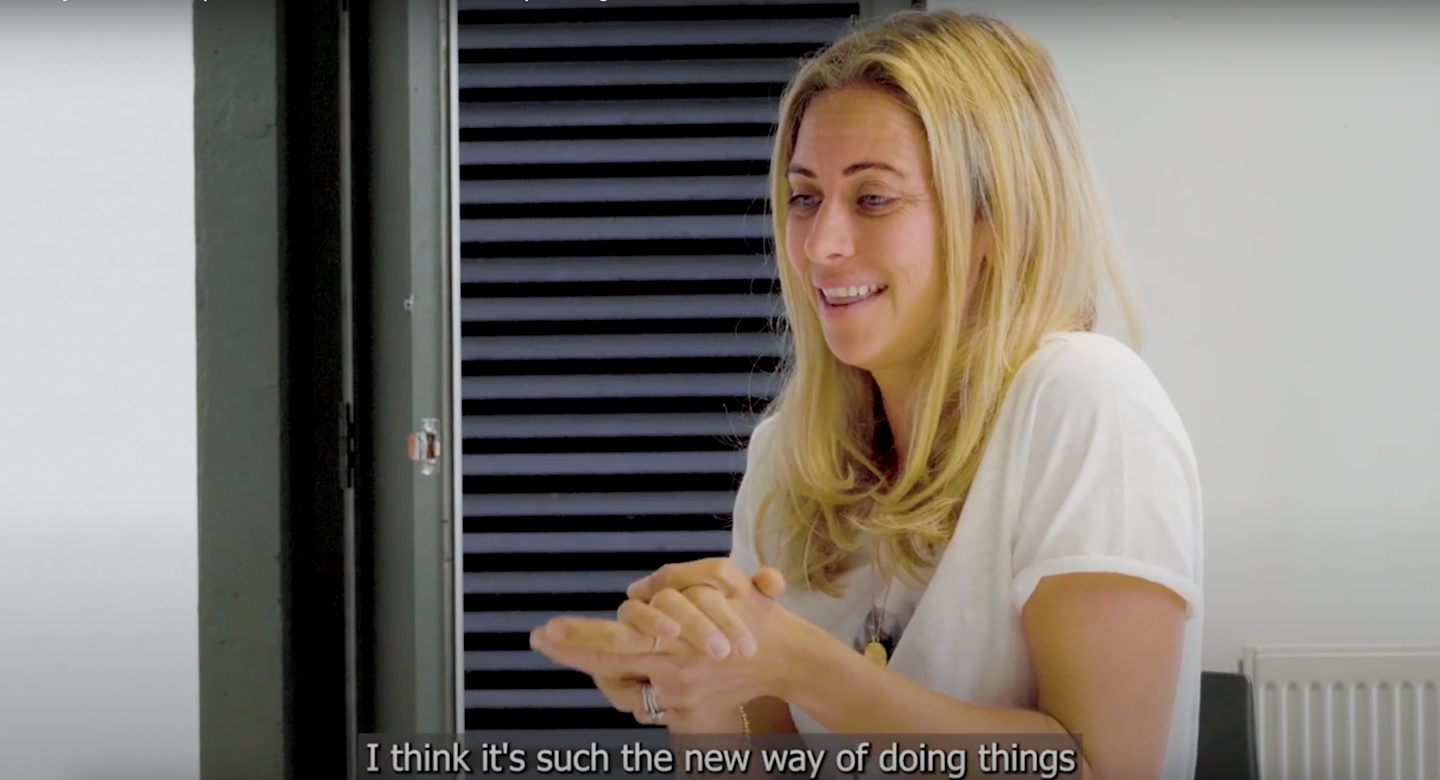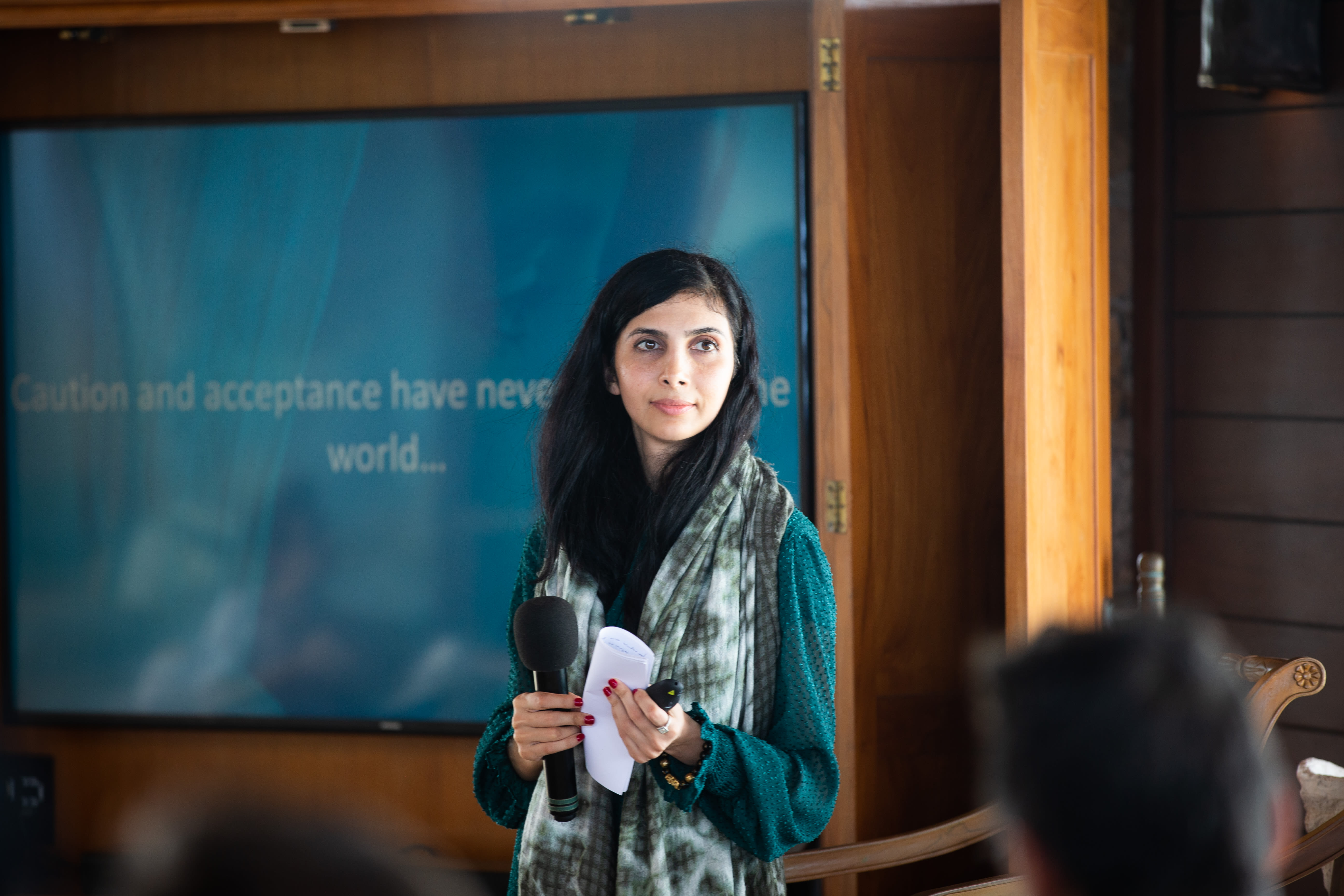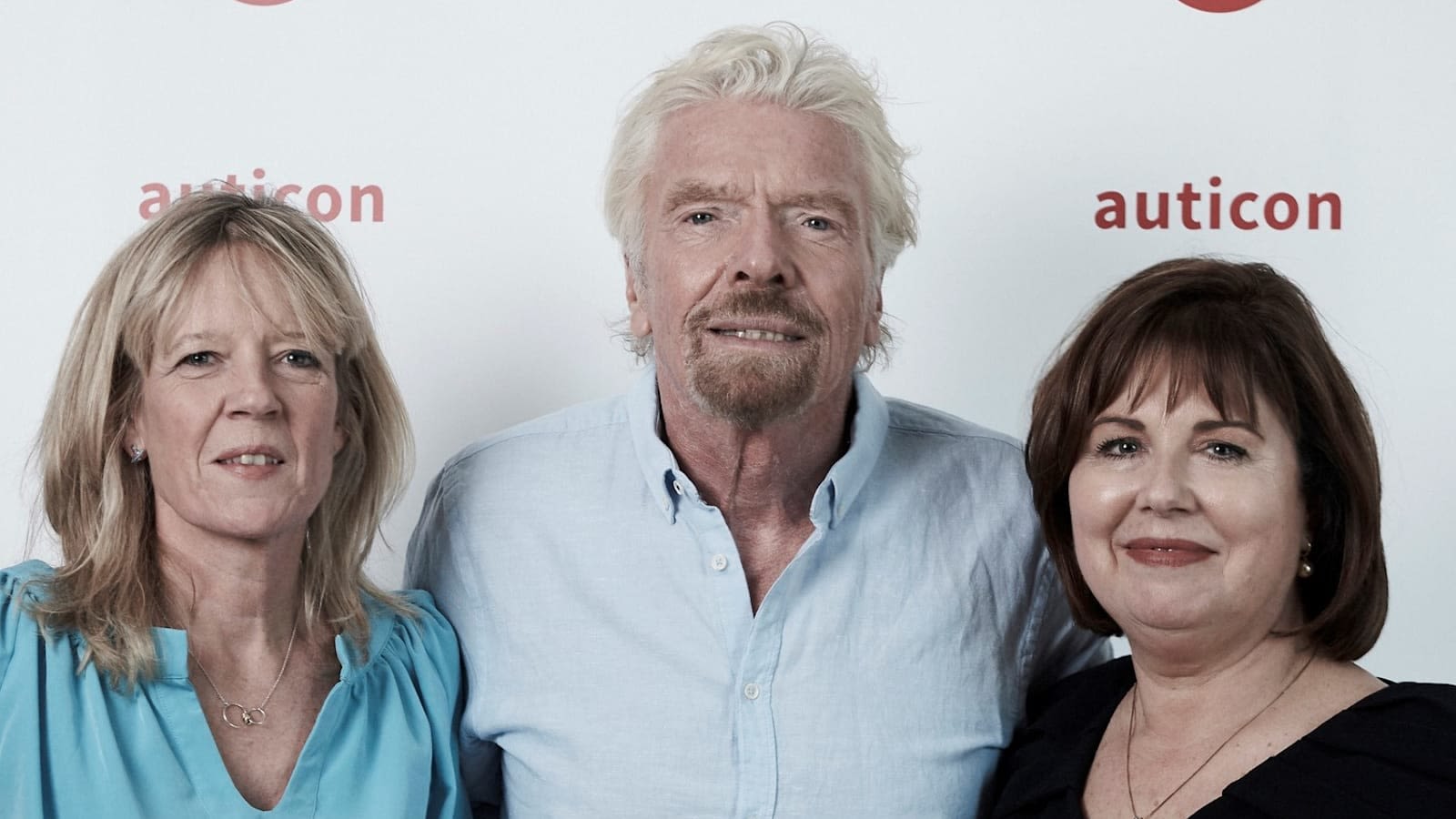Rethinking assessment
Replacing standardised exams is an issue that keeps me up at night, but also gets me out of bed in the morning.
It’s becoming increasingly clear that the UK’s examination system is an inaccurate, unfair, archaic, and ineffective way of benchmarking success and setting people up to thrive in life. That’s not to mention the impact of exams on a young person’s mental health and well-being. This is why I'm so excited to announce our newest project partner at Big Change, Rethinking Assessment.
When Rethinking Assessment launched the prototype of its Learner Profile, I sat down with Peter Hyman – co-founder of Rethinking Assessment – to learn more about the model and to discuss the broader issue with exams. As Peter put it: “We know how unfair it is. We know that a third of young people are labelled or branded as failures every year because of the way the grades are distributed. We know that there are lots of mental health issues by the stress caused by exams… and it's not giving [employers] what they want.” It was such a fascinating conversation. Here’s more...
Beyond being an ineffective way to determine a student's potential, exams greatly impact a young person’s mental health and well-being. Rote learning is a stressful experience, and In the future, young people will have to adapt and pivot many times in their careers within sectors we can only imagine today. Sticking rigidly to an education system, that is well over 100-years-old is setting up young people to fail.
Rethinking Assessment is a coalition of state schools, independent schools, employers, parents, universities, head teachers, and education leaders who are working to change the system. Over the past two years, the coalition has been building on best practices from around the world to design a new approach to assessment that more accurately assesses a young person’s unique skills and potential. They worked tirelessly on practical ideas and innovative approaches to identify a brilliant alternative to the current grading system, called Learner Profiles. They know this will be a phased-in processn but believe that a new hybrid approach to learning is needed now.
The vision is for all students to collate a Learner Profile during their 14 year education journey, which highlights their achievements, capabilities, skills, project examples and proudest moments of work. The profile will give universities, training providers and employers real information about the student’s competencies in skills that are actually relevant. I think it’s a fantastic alternative to purely assessing young people with numbers and letters, and will provide a much more holistic and stress-free approach. I am so proud that Big Change's funding will help drive this new way forward.
I strongly believe that a narrow curriculum narrows the mind, and this model gives young people the chance to discover their passions and find a genuine love of learning. The profile will also give universities, training providers and employers real information about the student’s competencies in skills that are actually relevant and a brilliant way of seeing whole person, alongside academic grades. I think it’s a fantastic alternative to exams which does not undermine the importance of numeracy and literacy. Rather, it builds on the areas that young people will need to become successful in the future, while providing a holistic and stress-free approach to learning. It also helps students to explore their creativity, lateral thinking, and build on their communication and collaboration skills. As an employer, this new approach to learning and individual development really excites me and, as a mum, it fills me with joy!
What I love about Rethinking Assessment is how solutions-focused it is. The conversation is growing about the need for a schooling reset - particularly following the final report from The Times Education Commission – and this Learner Profile provides a tangible, scalable, adoptable, and effective solution. As Peter said:
“Radical change is needed and we've been working hard, not just to say what's wrong with the current system, but to provide real solutions for what we can do going forward. And the Learner Profile is part of that solution.”
After Peter showed me a demonstration of the Learner Profiles, I spoke with a group of students at School 21 – also part of the Big Change network through another one of our project partners called Big Education – where Peter is the head teacher. The students have so many valuable opinions and ideas about the direction the education system should head in – and it’s vital that we listen to them. The students I spoke to agreed that exams are not fit for purpose, and cause a great strain on a young person’s mental health. As one of the students said: “Sitting in a hall, being tested on our memory was really nerve wracking because if I forget one thing, I forget the whole question. And if I forget a whole question that affects my total grade. And I think that really, really put a strain on my mental health.”
When I asked about the Learner Profile, the students were really enthused. One student put it perfectly when she said: “It’s amazing, because it shows a person as a whole rather than their subjects… I'm more than a grade and I'm more than what you see on a piece of paper.” Such powerful words, and ones we really need to listen to.
The next steps for the Rethinking Assessment is to test and pilot the profile with the main stakeholders including: students (first and foremost), educators, employers, universities, and training providers. I really think this is where the future of education needs to head, and I just hope it’s not too far away.





